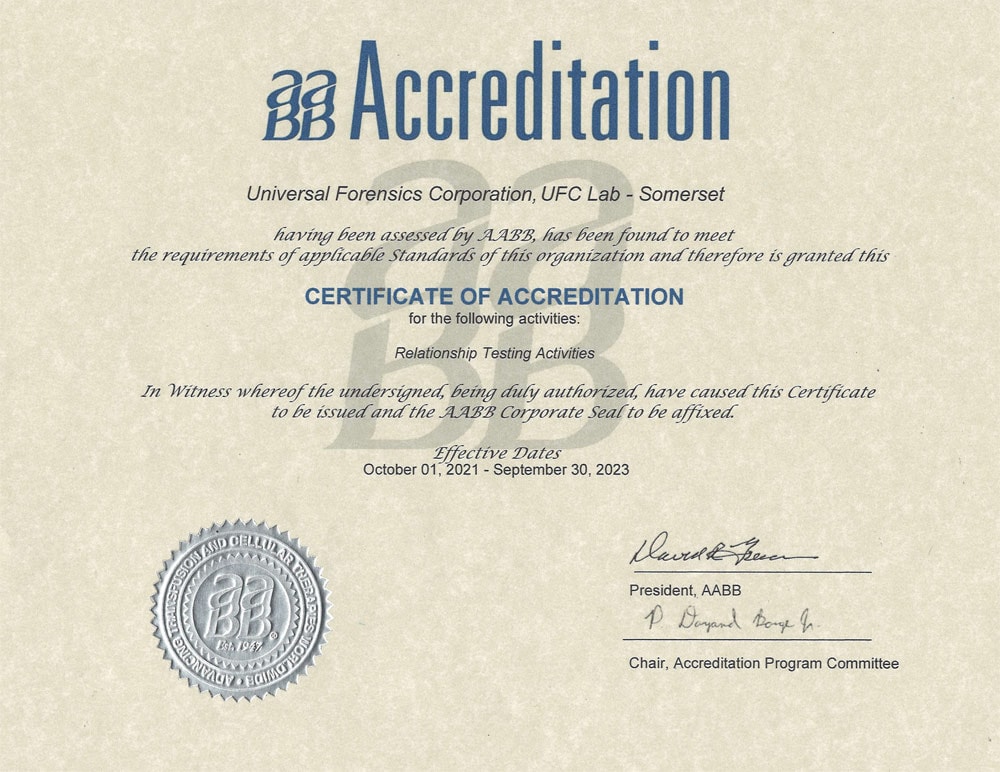What DNA Markers Are Used In Paternity Testing?

Paternity testing is complex and involves a high-level understanding of DNA structures and many others facets of science. As such, it’s certainly not common for most people to understand how paternity DNA testing works! If you’ve ever wondered what DNA markers are used in paternity testing and how the process works, we lay down the basics for you here.
This article explains the DNA markers used in paternity testing. For personalised advice or to order a test, contact our team at ReliaLab today.
What Is DNA?
DNA stands for deoxyribonucleic acid, a material that replicates itself in the majority of all living organisms, including humans. Other than identical twins, every person has a unique DNA profile. Essentially, you can think of DNA as hereditary material.
Each person inherits 50% of their genetic material from their biological mother and 50% from their biological father, and together these make a DNA profile. These profiles create the building blocks of a person’s DNA.
What Is Loci?
Anybody who has done some research into DNA will have heard or seen the word ‘loci’ or its singular form ‘locus’. This is the scientific name for where the DNA markers are within each strand of DNA.
Loci are situated on chromosomes. As each person receives one chromosome from each biological parent, each locus contains two alleles (the alternative version of a gene).
The more matching DNA markers that a paternity test can pick up makes it more likely that the father and child are biologically related.
How Do DNA Tests Work?
Different DNA tests will look at different amounts of DNA markers to determine paternity. The more markers that are looked at, the more conclusive the answer of the test is likely to be.
Each person tested (such as the child, possible father/s, mother, and so on) will have two alleles (gene variants) at each marker. Every marker is identified by a number.
At the testing laboratory, these markers will be looked at closely. The DNA profile of each person will be analyzed and then compared against each other to see if the child’s allele markers match up with all of the possible father’s allele markers. When a match is discovered, this is called matching alleles.
If the child and man share DNA at every marker, this indicates that he is the biological father of the child. If the child does not share every tested DNA marker with a man being tested for paternity, it is unlikely he is the biological father.
Are DNA Tests Accurate?
Paternity DNA tests confirm or exclude a person as a child’s biological father by calculating the Probability of Paternity. In cases where all DNA markers match, there is a very high— greater than 99.9999%— chance that the man is the father. When the child’s DNA markers do not match a potential father’s, that person is excluded as being the biological father of the child.
Looking For A DNA Paternity Test?
If you’re looking to establish paternity, a paternity DNA test is the most reliable way to do so. At ReliaLab we can provide paternity DNA tests for admission in a court of law or for personal knowledge. To order a test, contact us today.








